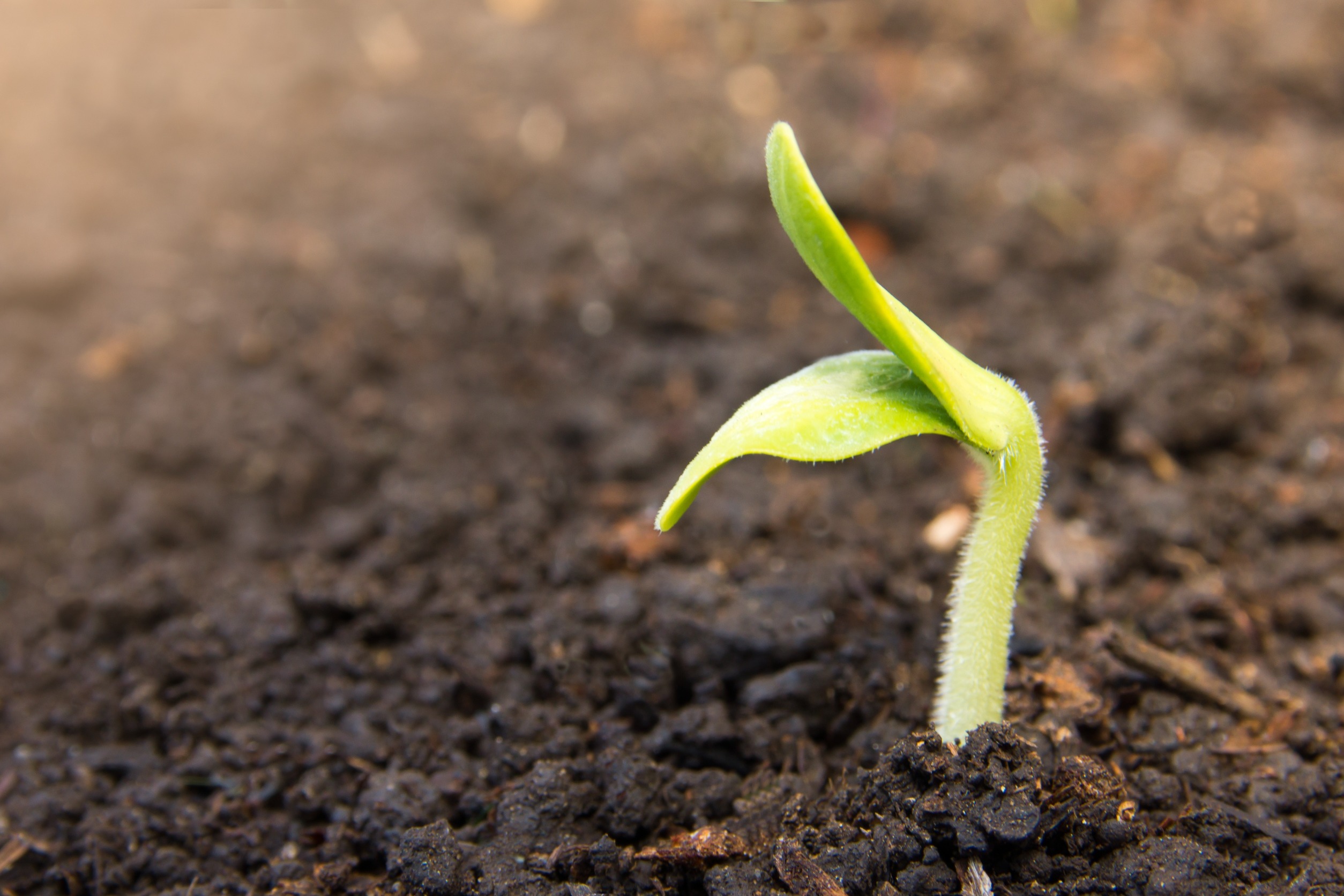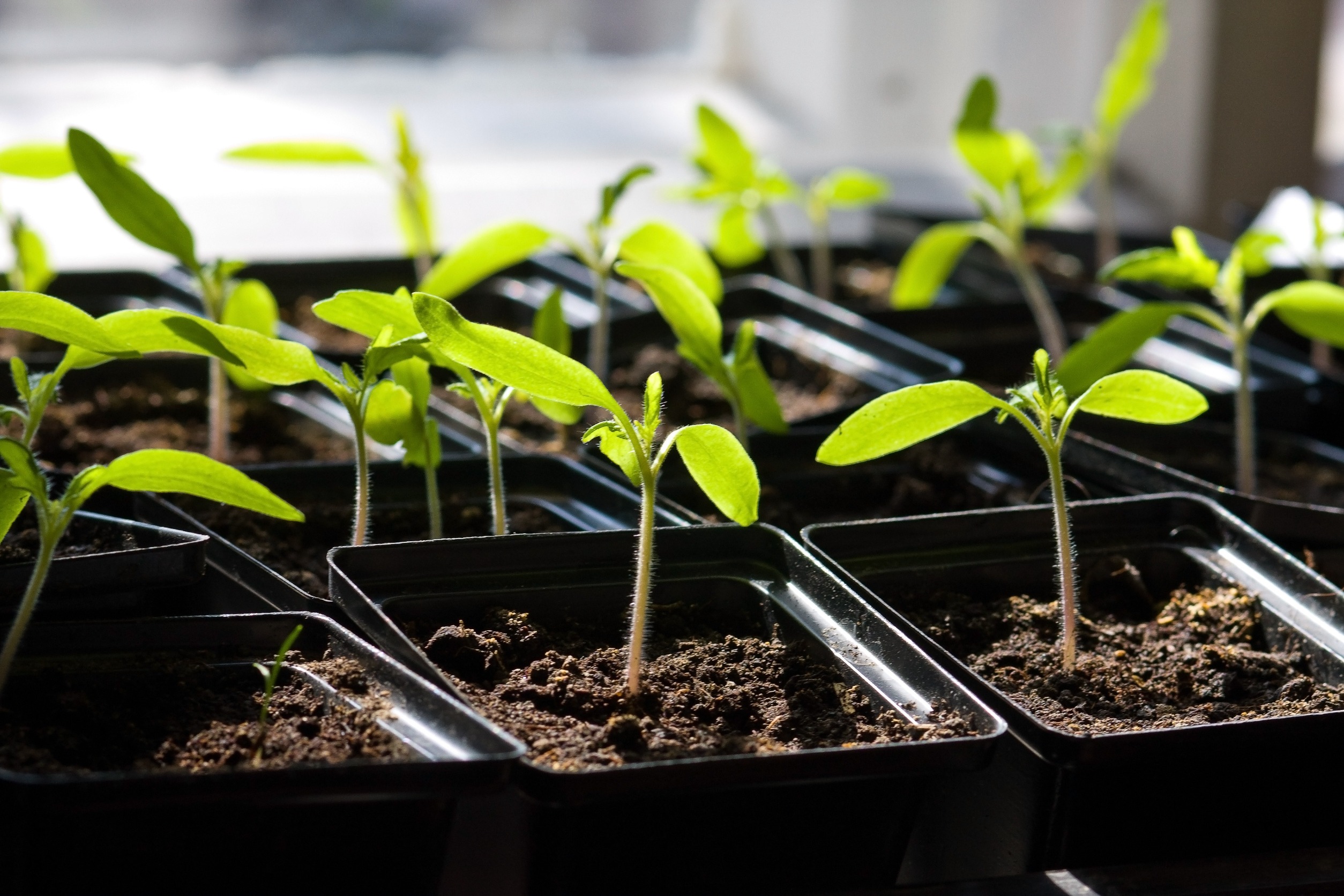
Image Source: 123rf.com
My first serious foray into indoor seed starting began with a bang. My husband helped me set up a makeshift grow shelf, and I purchased soil mixes, trays, and pots. I was so ready to get started that I assumed it would be better to get things going sooner rather than later.
I quickly realized that when starting seeds, getting things done faster isn’t necessarily better, especially if you’re on a budget!
Problems with Starting Seeds Too Early
It seems entirely logical to start plants earlier. They’ll be bigger by the time they get planted out, and you’ll harvest vegetables sooner. If you don’t have money to spare, however, early indoor sowing can leave you scrambling. Here are some ways starting early may be a detriment for the frugal gardener.
- Higher supply cost. You’ll likely need to repot plants into bigger containers to prevent them from becoming root-bound. This will involve purchasing larger pots and more soil mix.
- Bigger time investment. The earlier you start, the more time you’ll spend babysitting your plants.
- More space is required. Bigger pots and plants mean that you’ll need to carve out more space for your seed-starting activities, and that can translate to extra money spent. You may need to purchase more lights for a second shelf, for instance.
- Pressure and potential loss of seedlings. As your plants get bigger, you may feel pressure to transplant too early, especially if you simply don’t have the budget to purchase additional supplies. This may lead to loss of seedlings if they are transplanted out before the last frost date or without proper hardening off.
The Right Timing

Image Source: 123rf.com
I addressed this in a previous post, but I’ll repeat it. Proper timing is key. Don’t overestimate the time you’ll need. Instead, I recommend that frugal gardeners under-estimate. For instance, the typical recommendation for starting tomato seedlings is 6-8 weeks before the last frost date. Go with the 6-week figure to be safe and take notes on timing so that next year, you can master your schedule.
Exceptions
Of course, there are exceptions to the rule. If you have plenty of space, a bigger budget, and patience, starting slightly earlier isn’t a big deal. And some plants, like leeks and onions, can be started early without too much trouble. They grow slowly and aren’t susceptible to becoming root-bound. You may also want to begin cool-season veggies such as spinach and mizuna early so you can transplant them outdoors as soon as the soil warms in the spring to maximize their exposure to cooler temperatures.
Overall, the lesson I’m trying to impart is that there’s no need to rush!

Steph Coelho is a freelance writer gardening in zone 5b. She is a certified Square Foot Gardener and has taught various garden-related workshops. When she’s not digging in the dirt or writing, she’s cooking up fresh produce, running, or listening to her favorite podcasts.
Leave a Reply